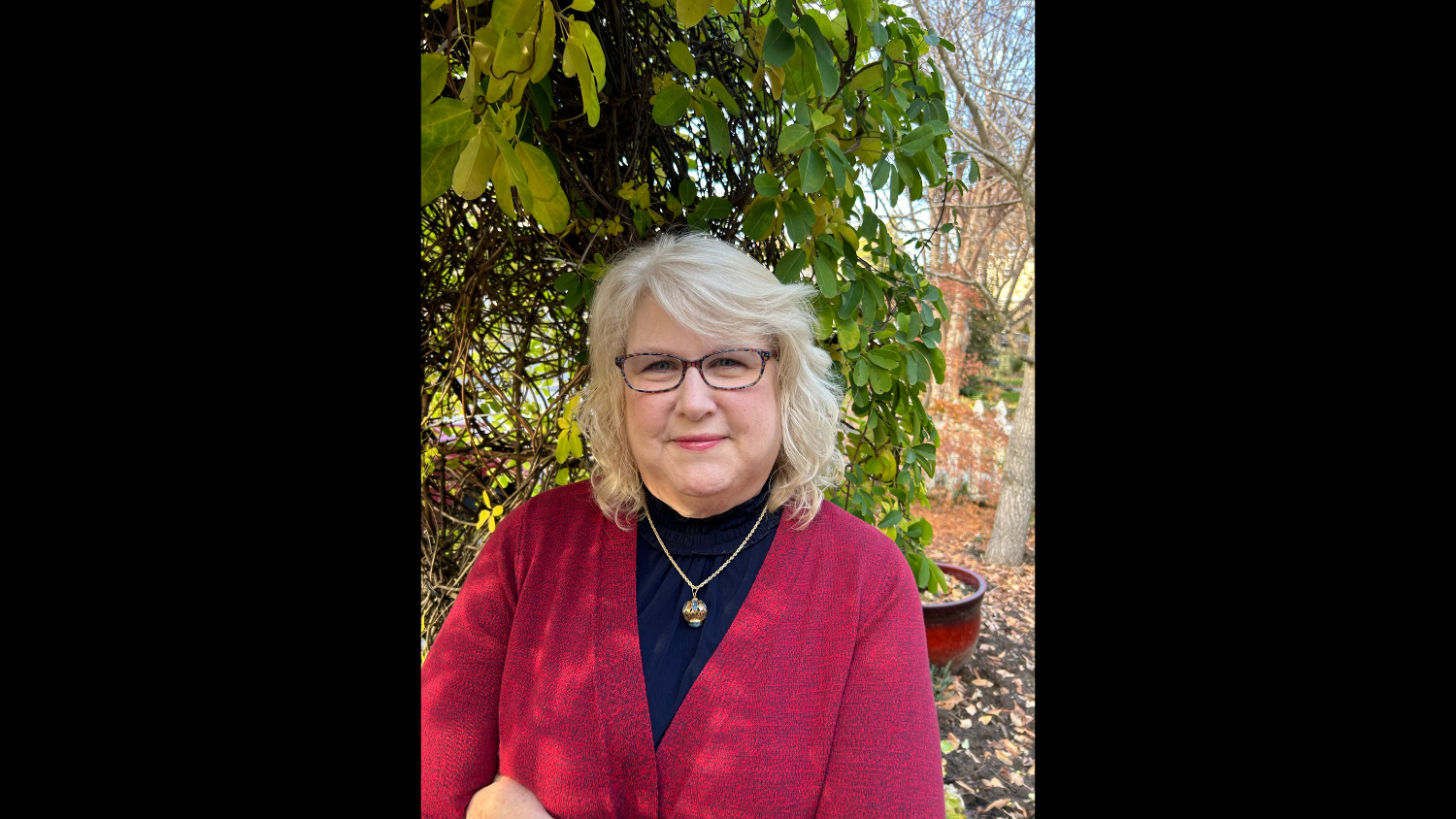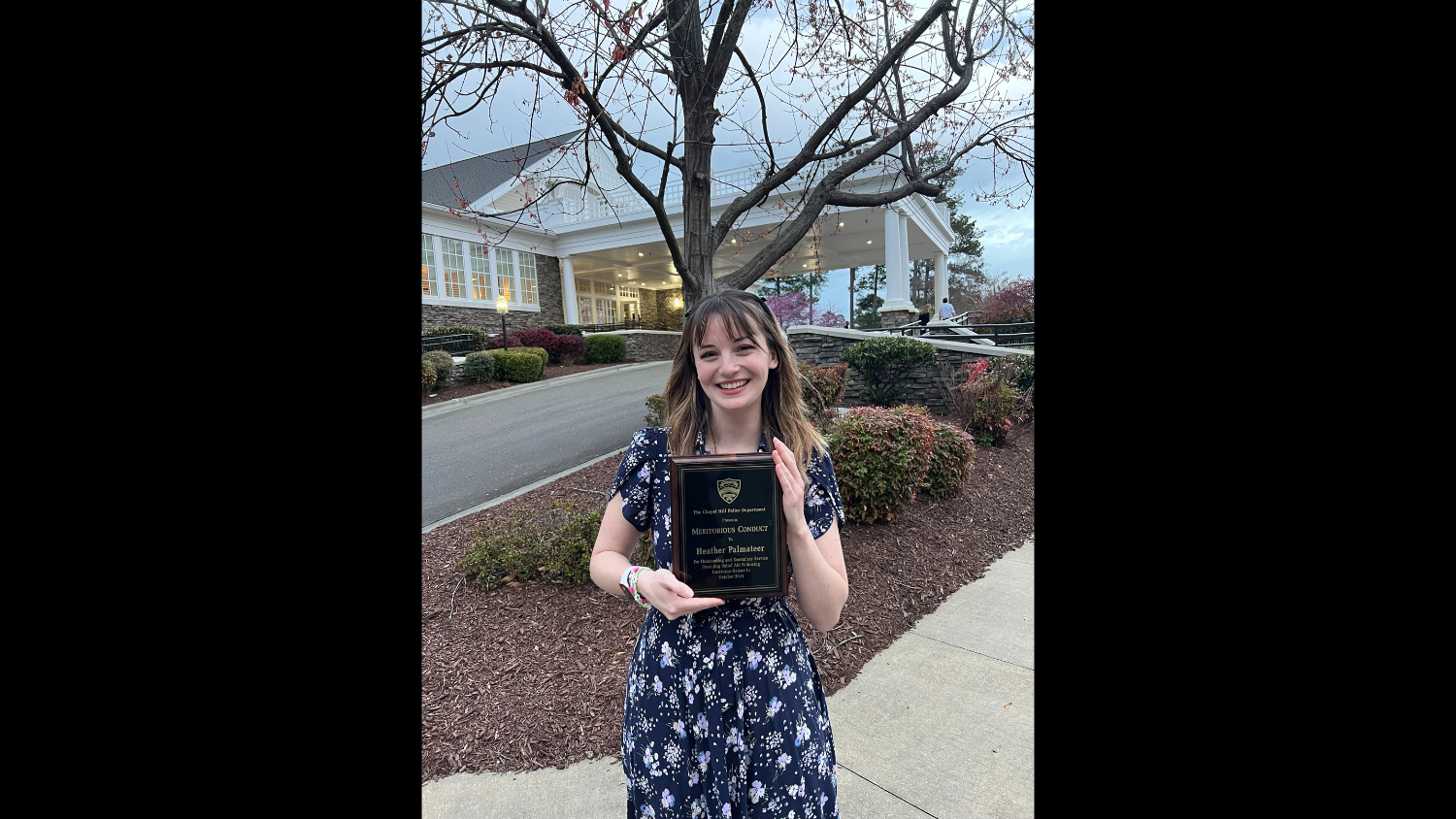Students Complete International Research for Stop Hunger Now

In February 2014, 13 graduate students from the Masters of Social Work program at NC State, three staff members, and faculty adviser Dr. Marcie Fisher-Borne traveled to the Dominican Republic as part of a year-long evaluation research project for international nonprofit Stop Hunger Now. According to Fisher-Borne, the purpose of the students’ research was to determine whether Stop Hunger Now’s strategies are effective in addressing hunger.
Students were generously hosted by Stop Hunger Now’s lead partner in the Dominican Republic, CitiHope International. During field visits to medical facilities, orphanages, and schools that received Stop Hunger Now meals, students conducted interviews, documented observations, and toured local communities.
During their eight site visits, they met people doing selfless work to help communities in need. There was Jackie from Jackie’s House Ministries, a woman who has given her life to providing for the well-being of children whose mothers cannot care for them. Jim and Rita from A Mother’s Wish, partners who built an organization that cut the infant mortality rate in their community to zero. Dr.

Calderon, director of the largest hospital in the Dominican Republic, who makes sure the mothers under his care receive the proper nutrition and prenatal care they need to give birth to healthy babies. And the staff of Cometas de Esperanza, a school located in a community right outside a massive garbage dump, who nurture and love children who spent their youngest years foraging for survival in mounds of garbage.
This trip provided students with excellent field research experience. It also provided them with a more nuanced understanding of chronic hunger and the solutions for ending the problem. Students witnessed the immediate impact Stop Hunger Now meals have by enabling individuals to pay attention in school, gain better health, and even do something as mundane as keeping to a prescribed regimen of medication. And they realized the need to involve communities in solutions to hunger, such as through sustainability projects like microenterprise and food cooperatives.

After returning from the Dominican Republic and analyzing their data, students completed their research capstone projects by presenting their findings to the Stop Hunger Now executive board and leadership staff.
- Categories:


